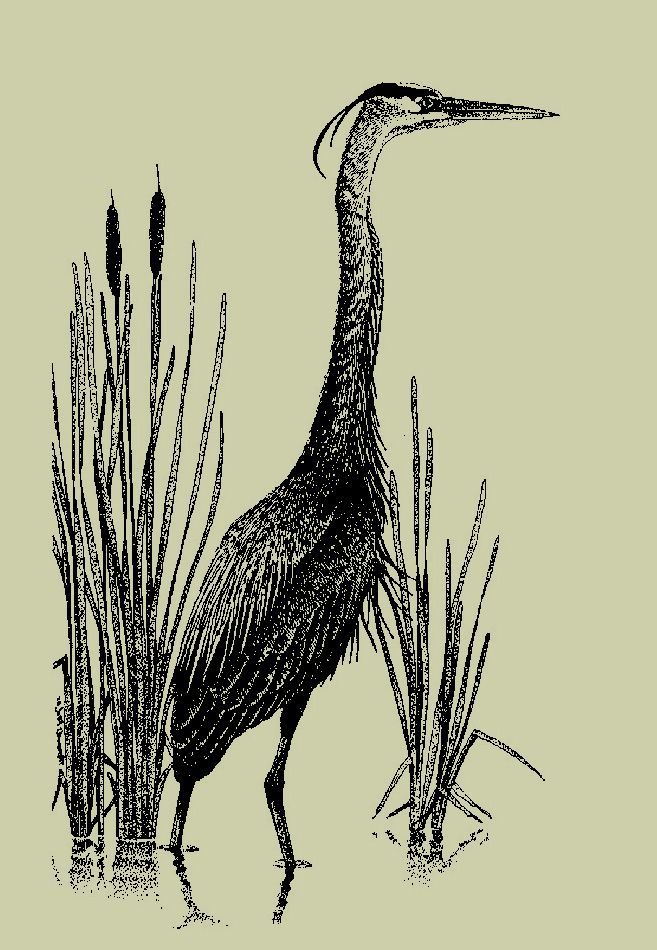Traveling Naturalist Programs
Traveling Naturalist Programs are designed to liven up the science curriculum without having to leave the classroom! The programs are presented in a way which is appropriate for each grade level and includes important concepts relative to the state's science expectations. Each classroom session provides students with a hands-on experience which complements their studies of the natural world.
Time: Approximately 1 hour per session.
Fee: $4.00 per student.
Mileage is also charged if your school is more than 10 miles from the center.
Pre-School Nature Play Grade: Pre-school
Through touching, singing, and acting, students will learn about nature in a fun-filled way. A friendly live animal will conclude the program.
Wildlife Wonders of Michigan Grades: Pre-School - Grade 6
Learn about the variety of animals that live in Michigan, including ampibians, birds, insects, mamals, and reptiles. These animals provide excitng lessons relative to the expectations for each grade level. See and touch study skins, pelts, and a live animal.
The Amazing Nature Adventure: Grade: Kindergarten
Concept: Senses and Needs of Living Things
Let students discover nature with this sensory program. They will get to see and touch some of the living and once living creatures that can be found in theri backyards. Through hands-on activities, the students will also learn about the special senses these animals have and what they need.(i.e. food, water) to survive.
Animals Alive Grade: Kindergarten
Concept: Living and Non-living Things
Students will be introduced to what makes someting living versus non-living. Then, the students will get to see and touch some of the living and once living creatures that can be found in their backyards. Through a hands-on activity, the students wil also learn about the special characteristics (i.e.growing, breathing) that living organisms have.
Circle of Life: Grade: 1
Concept: Animal Life Cycles
Meet some of the creatures that live at Seven Ponds and learn about thier life cycles with an interactive game. We will also be looking at each animal's physcial characteristics at different stages of their life and how these characteristics help the animal survive at each stage. A special live animal will conclude the program.
Mystery in the Forest: Grade 2
Concept: Plant Life Cycles, Plant/Animal Relationships
Students will explore the life cycle of a mystery plant and its untimely death. They will have to figure out the culprit for this death by interviewing witnesses and visiting the crime scene to look for clues that have been left behind, inlcuding a live animal.
The Land of the Three Fires: Grade 3
Concept: Natural Resources and Human Impact on the Environment
Michigan's once vast forest were giant supermarkets to the Ottawa, Ojibwa, and Potawatomi; the Three Fires. Michigan's natural resources provided everything they needed for survival. Today, though most of our needs are purchased from stores, it all still starts with natural resources from the land. Through activities and hands-on nature study, students will learn how natural resources were used by the Three Fires, how we use them today, and the impact of each on our natural environment.
Exploring Michigan Animals: Grade 3
Concept: Animal Classificaton an Physical Adaptations
Through the use of a live animal and once living animals, student will play a guessing game to discover how to classify animals, based on their characteristics. Students will get to touch many of the animals as well as have the opportunity to learn about some of the animals' special adaptations that help them survive.
The World of Dirt: Grade 3
Concept: Earth, Science and Animal Adaptations
Students will investigate soil and its characteristics with hands-on activities. They will also have an oppotunity to meet some of the undergrund animals that rely on soil for thier homes, including one live animal!
Wildlife Discovery - Predator vs. Prey: Grades 3-5
Concept: Animal Adaptations and Relationships
A mystery animal leads students through th important concepts of adaptations, predator/prey relationships, and the balance in nature between populations of living things. An activity allows each student to become a predator.
What's for Lunch?: Grade 4
Concept: Food Chains and Food Webs
Plant and animal relationships are the focus of this program. Every living thing is a link in the food chain. We will demonstrate how the sun's energy is transformed from plants to herbivores, from herbivores to canivores, and from all living things to decomposers. Students will make food chains and food webs, and examine different mammal pelts and skulls in this hands-on program.
Cunning Critters: Grade 5
Concept: Animal Adaptations
Surviving a year in Michigan is a tricky task for the animals that live here. Student will see and feel animal mounts to help them better understand adaptations. They will also participte in activities that will help them compare their own abiblities to those of animals with amazing adaptations.
Our World's Disappearing Wildlife: Grade 6
Concept; Human Influence on Animal Populations
Students explore the issue of endangered plants and animals. Using specimens from Michigan and around the world, students will work in small groups to discover the reasons species become endangered and the ways that we can all help protect our natural heritage.


